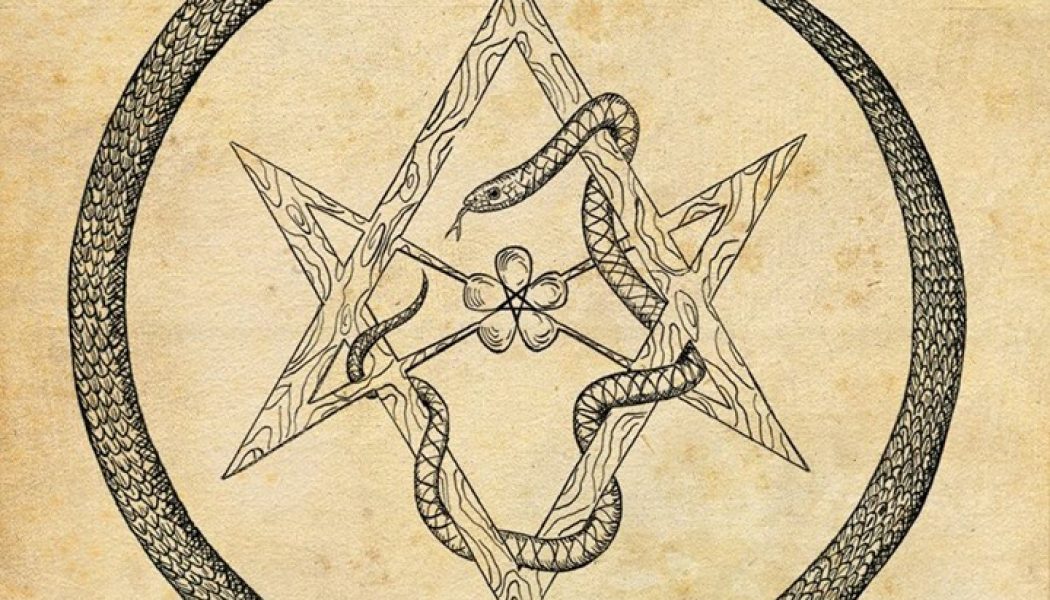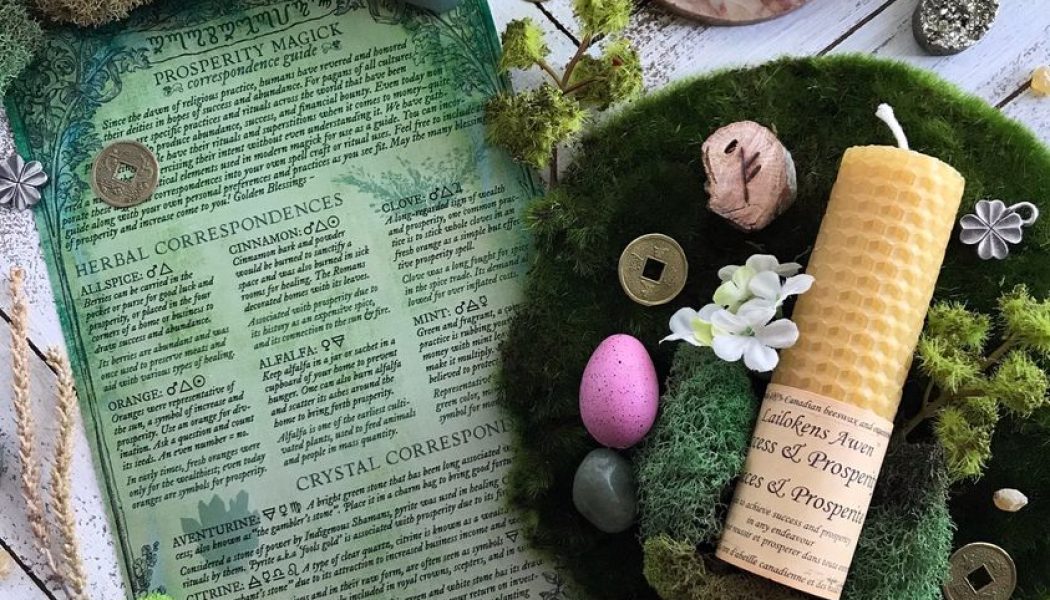Magickal Correspondence
SAGE
A Sage is an elderly person of sound judgment, who has achieved wisdom through reflection and experience. The term is used for a savant, an expert, a scholar, and a learned philosopher or teacher, suc...
MAGE
This term is often used as a synonym for “Wizard,” especially in a complimentary sense. A Mage may also be called a Magus, which means a master of the magickal arts. The ancient Magi (like the “Three ...
VIZIER
: This title comes from Arabic, meaning, “bearer of burdens,” and was given to the chief minister and adviser under the King. The most famous Vizier of ancient Egypt was Imhotep (yes, the “Mummy”), wh...
WIZARD
This is from the Anglo-Saxon wysard: “wise one.” A Wizard is a lore-master, especially of arcane (that is, lost or secret) knowledge (hence popular usage such as “computer wizard”). A Wizard is also a...
Magickal Folk
Now would probably be a good time to explain some of the different kinds of magickal folks. These terms can be confusing to the unfamiliar, so here is a brief little Glossary. (Also, one essential com...
Magick is neither black nor white, good nor evil.
The terms “helpful” or “baneful” are simply perceptions of magick’s dual nature. Witches work to be neutral—to walk in balance and to work impartially somewhere in the center between the two extremes....
The principle of correspondence
The principle of correspondence also directs us to the most harmonious tools and spell accoutrements for our magick, as in a table of correspondences. Specific crystals and herbs can activate certain ...













